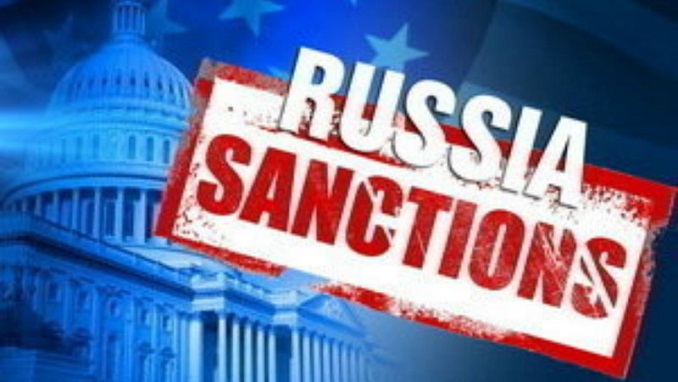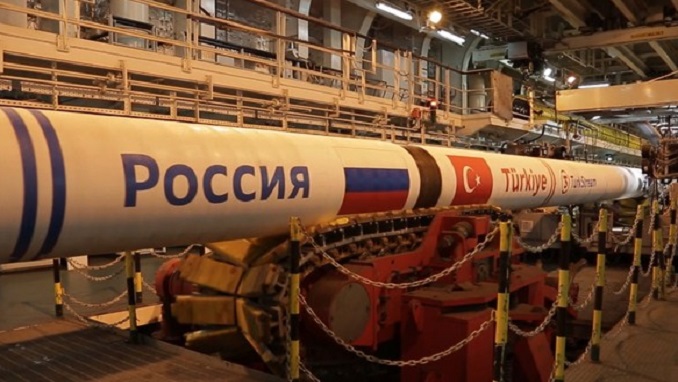Russia produced more crude oil and condensate in 2019 than in any year since the breakdown of the Soviet Union, despite curbing production under an agreement with OPEC, Reuters reports.
Russia produced 560.2 million tons of oil in 2019, up 0.8% from the previous year, preliminary data from the Energy Ministry’s CDU-TEK unit show. That’s equivalent to 11.25 million barrels a day, according to Bloomberg calculations. Russia produced a record 11.416 million barrels a day in 1987, BP Plc data show.
The 11th consecutive year of output growth underscores the reality of Russia’s cooperation with the Organization of Petroleum Exporting Countries. Russia was one of the architects of the original 2016 deal, but its allies have pressured the country to improve its poor record of fulfilling the pledged production cuts. The Energy Ministry has come up with various explanations for producing above the target — from the limitations of a harsh climate to technical issues after the Druzhba oil-contamination crisis.
Under the OPEC+ deal, Russia pledged to cut output by 228,000 barrels a day from the October 2018 baseline of 11.418 million barrels a day. That allocation will change this month after OPEC and its allies agreed in December to deepen their cuts.
Saudi Arabian Energy Minister Prince Abdulaziz bin Salman has urged the laggards in the deal to carry their share of the burden. The kingdom is making the deepest cuts in the group.
Russia has agreed to deepen its reductions by 70,000 barrels a day to about 300,000 a day in the first quarter. But its baseline and monthly production calculations will exclude a type of light oil called condensate, potentially making it easier to hit its cuts target.
Energy Minister Alexander Novak has denied that the change is a loophole allowing Russia to pump more oil and still claim compliance. While Russia’s official statistics don’t yet provide a breakdown for crude and condensate, the ministry will regularly inform analysts, the media and OPEC about the composition of its output, according to Novak.
Russia also said it will bring up the issue of exiting the agreement at the next OPEC ministerial meeting in March.
“Oil production cuts can’t be eternal,” Novak said last month, adding that Russia needs to defend its global market share and let its oil companies develop new projects. “We will gradually need to make a decision on exiting” the accord, he said.



